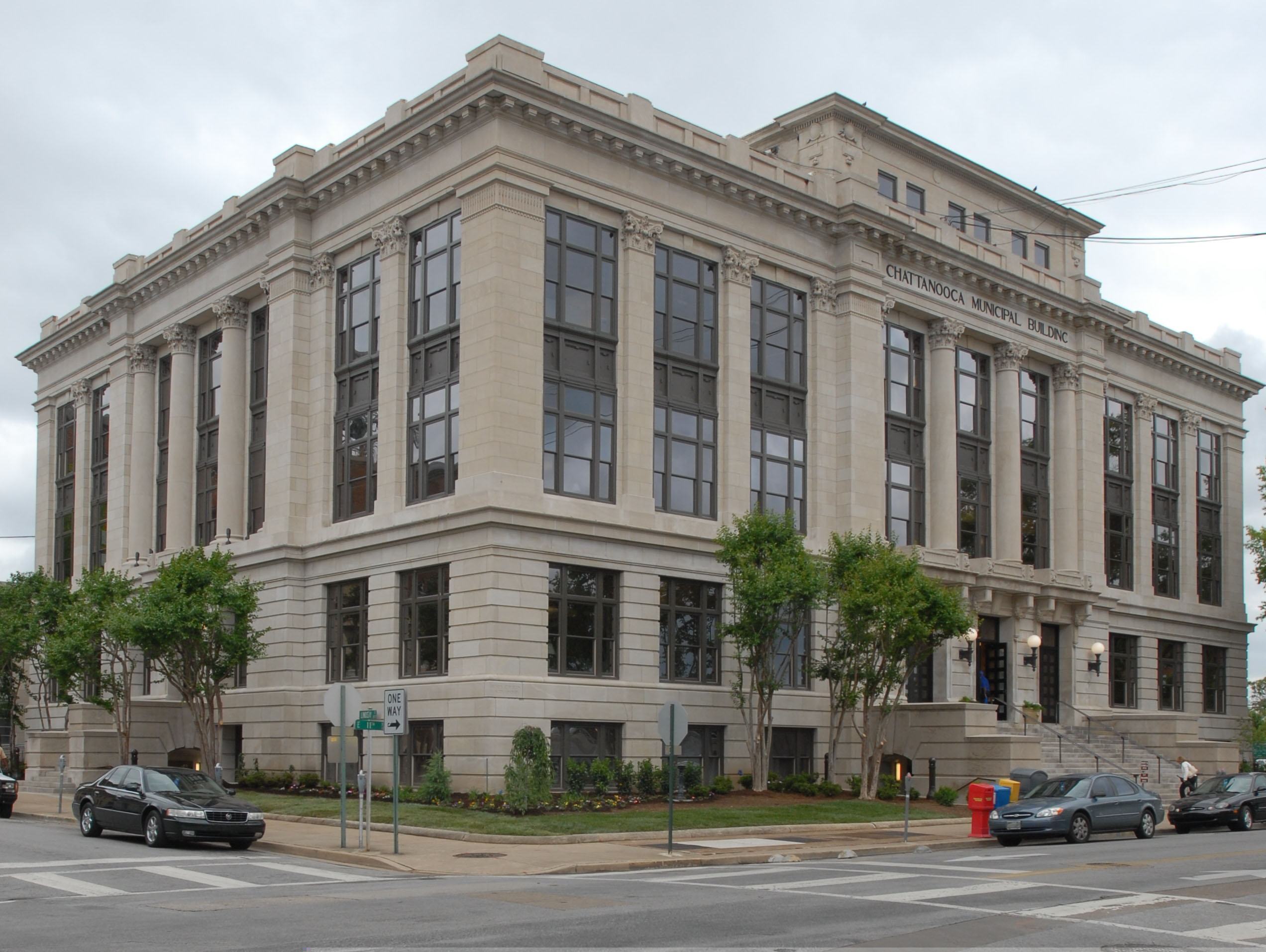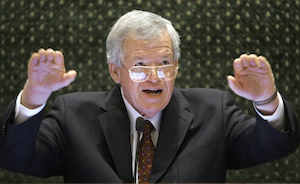Chattanooga City Council approves changes in rules for event halls
Wednesday, August 28, 2013
BUDGET PASSES
• The City Council unanimously voted to approve the $212 million city budget that will beef up the police department, fund a federal prosecutor and initiate talks to purchase the former Harriet Tubman housing complex.Mayor Andy Berke has called this year's budget a pilot for budgeting for outcomes, a method where initiatives are funded and then measured for their success.Several council members originally criticized the current budget because it doesn't include specific goals for the new city programs or performance indicators to evaluate the success of the programs. Councilman Larry Grohn, who has spoken out against the budget, said he voted yes with reservation because he agreed with what the mayor is trying to do.The budget, which also funds more reading programs at the recreation centers, will go into effect immediately.• The council also gave Berke approval to issue bonds for $11 million, which will go to pay for multiple projects including the city purchasing and bulldozing the Harriet Tubman housing complex for $3 million.
An ordinance that would give city police authority to better regulate and potentially shut down an unruly event hall operating without a permit is one step closer to being on the books.
The Chattanooga City Council approved the first reading of a resolution aimed to crack down on several East Chattanooga event halls near where six shootings and two deaths occurred in the last six months.
The recent violence at an East Main Street hall and around the corner at an event hall nicknamed "Da Building" spurred action by City Hall several weeks ago when local activist Gary Ball complained to the City Council. City officials held meetings and nearby residents testified that the violence was out of control. Then Mayor Andy Berke announced a revised resolution that he said would curb the violence.
The city currently has a special gathering permit for businesses that don't fall under regulations for bars or nightclubs. But since the law was passed in 2010, no one has ever requested or been issued a permit.
Berke's chief of staff, Travis McDonough, said the revised resolution introduced Tuesday afternoon is different this time because there will be consequences for owners who choose to ignore the ordinance.
"This establishes clear consequences for people who violate the law," he said.
Owners who are cited twice won't be allowed to get another permit for a year.
Owners who rent their property for events that serve alcohol, charge admission, operate after midnight and have 50 people or more at the event will be required to get a special gathering permit or face being shut down. The change also requires organizers to submit applications to police at least five days prior to an event and present a security plan.
During Tuesday's agenda session, Councilwomen Carol Berz questioned whether Chattanooga could be faced with lawsuits from owners who rent out to people who break the rules behind the owners' back.
Then at Tuesday night's meeting, Raymond Hunter Jr., who owns the hall on Main Street, said the ordinance wasn't fair to hold the owner accountable if they lease the property.
But Council Chairman Yusuf Hakeem stopped Hunter in midsentence: "If people are dying at your location you should be responsible."
Chattanooga has between 10 and 12 of these kinds of event halls, said Police Chief Bobby Dodd. The owners don't operate like most venues such as Lindsey Street Hall or The Mill where space is rented out for weddings or other parties or fundraisers. These event halls, police believe operate more like a club gearing toward young people, charging to get inside and providing music.
Several local venue owners have said as long as a city ordinance targets people that charge a fee and operate late into the night the new ordinance won't affect their business.
"When you're running a legitimate event hall most events are done by midnight," said Travis Lytle, former owner of The Mill. "Some regulations of the industry doesn't hurt."
While the revised ordinance counts donations as a type of fee, McDonough said the ordinance won't likely impact fundraisers, galas or other events because most of those events have a caterer or licensed bartenders, which excludes them from the permit process. He said the ordinance has been revised to hold people accountable for their events.
"We want it to be fair," McDonough said. "[But] we're not trying to put anybody out of business."
Contact staff writer Joy Lukachick at jlukachick@timesfreepress.com or 423-757-6659.



